 I thought the following interesting exposition from Natalie Michon is worth sharing with readers:
I thought the following interesting exposition from Natalie Michon is worth sharing with readers:Knowledge is considered as the personal appropriation of information. In order to better understand this notion, let us explain the terms data and information.
A data is an objective description of a fact: it describes what we can observe, without specifying context or justifications. It is limited to a precise instant and does not mean anything if alone.
"Data are facts, observations, or measures that have been recorded but not put into meaningful context. A single musical note is data." (Hunter)
Then data becomes information as soon as it is put into a context, and linked to an object.
"Information is data that has been arranged in a systematic way to yield order and meaning. A series of notes arranged into a tune is information." (Hunter)
The process of transformation of data into information involves five processes: Condensation, Contextualisation, Categorisation, Calculation & Correction (attributed to 'The Knowledge Management Toolkit' by Amrit & Tiwana).
After this process of transformation, information can be absorbed by an individual and became thus knowledge.
"Knowledge is information in the mind, in a context which allows it to be transformed into action. A musician is able to play a tune because of his knowledge." (Hunter)
There is thus a relation of anteriority between data, information and knowledge.
Knowledge appears in individual mind, and evolves with experiences, successes, failures and learning; it must entail an observable behaviour, in answer to a precise context, that is to say it must be “actionable”. But afterward, an individual knowledge can be integrated into a collective one.
[Source: Natalie Michon, 'Impact of Knowledge Management on the Innovation Process in Companies';]
For me, I have a slightly different perspective: Data is always raw & neutral.
Information is the significant meaning we attach to it, drawn from our prior knowledge & past experiences. In other words, we "shape" the information.
It is pertinent for me to point out that "significant meaning" implies initially a personal interest in the data on our part, followed by a personal "understanding" of the data.
From all the disparate streams of information coming our way, we generate useful ideas through the creative process of recombinination or reorganisation, or both, using our ingenuity & imagination.
The ability to generate ideas empowers us with the ability to discern masses of information.
With ideas, we can then know how to make ready use of whatever information. Hence, it is important to realise that, WE THINK WITH IDEAS, NOT INFORMATION!

That's to say, IDEAS ALWAYS COME FIRST!
This is a valuable lesson I have learned from Nobel laureate Arno Penzias as well as creativity guru, Edward de bono.
Then, we put the best ideas to work.
That gives us the opportunity to know what ideas work & what don't. In the process, as action has consequences, we gain valuable experience.
Cummulative experience generates as well as hones our knowledge, which gives us the capability to solve many problems & tackle global challenges.
Over time, cumulative knowledge builds & extends our repertoire of expertise, thus enhancing our breadth & depth of understanding the world in general.
For me, cumulative expertise generally implies a broader & deeper understanding about human interactions, in light of our seasoned experience, so to speak.
Ultimately, the discerning use of our acquired expertise - usually over an extensive period of time, i.e. age counts! - creates wisdom, which allows us to make finer distinctions about the ways of the world, coupled with a good grasp of human nature.
In the end analysis, I reckon the resultant wisdom equips us with the exceptional ability to make more effective use of data, information, & knowledge.
That's how I see the vital connection.
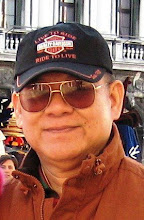


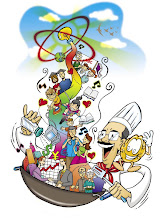
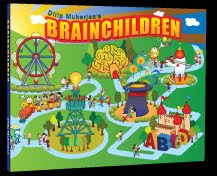



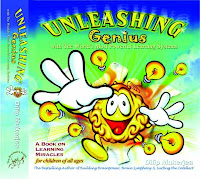
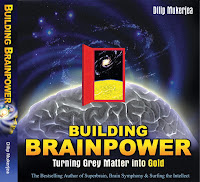
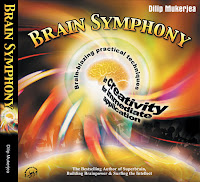





No comments:
Post a Comment